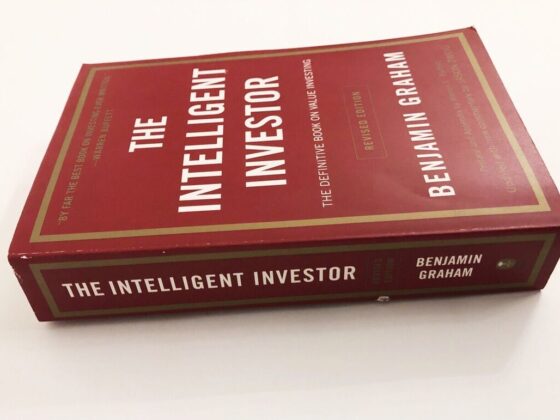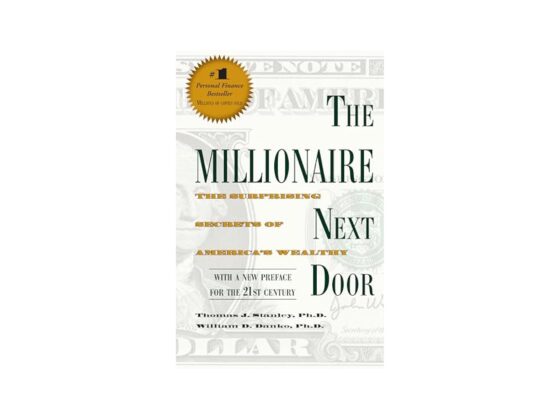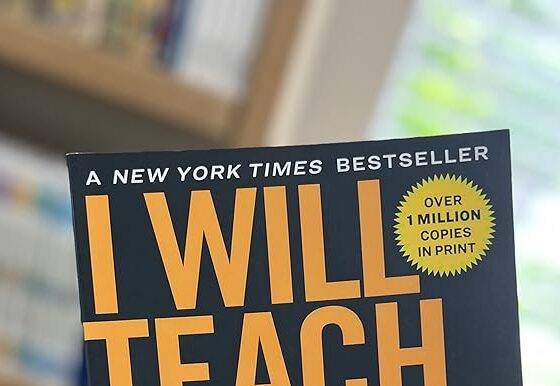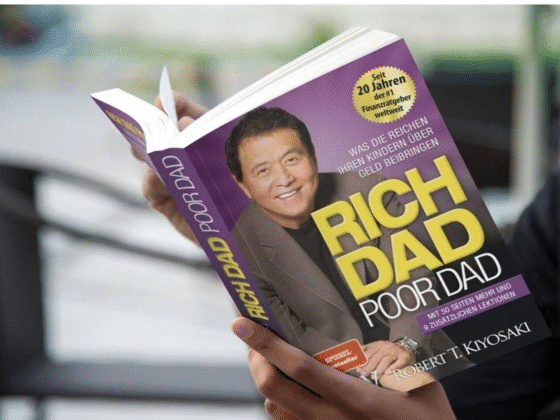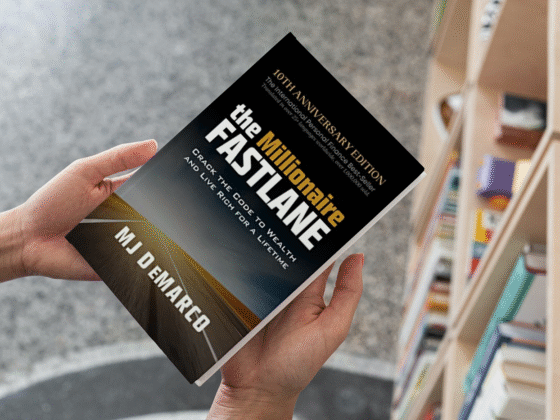Book Review: Think and Grow Rich by Napoleon Hill
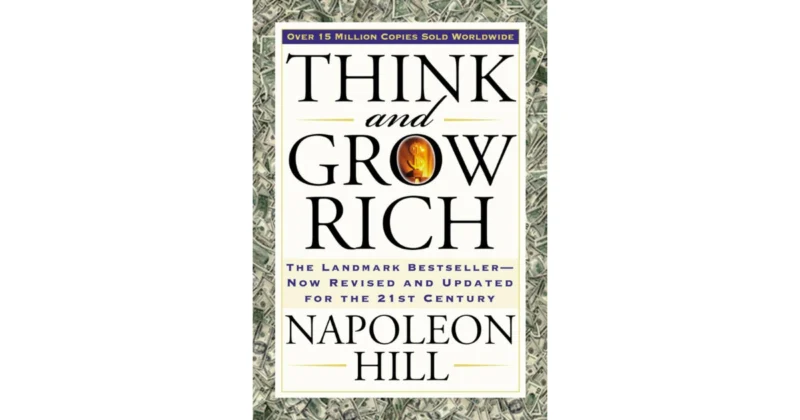
Few books have shaped the way people think about money and success as profoundly as Think and Grow Rich. First published in 1937, Napoleon Hill’s classic has sold more than 100 million copies worldwide and continues to inspire entrepreneurs, investors, and professionals to pursue wealth with a disciplined mindset.
But how relevant is it today? And what exactly can readers learn from a book written during the Great Depression? Let’s explore.
Book Details
- Title: Think and Grow Rich
- Author: Napoleon Hill
- Publisher: The Ralston Society (original); multiple modern editions (including Penguin, The Napoleon Hill Foundation)
- First Published: 1937
- Length: ~238–320 pages (varies by edition)
- Format: Hardcover, Paperback, Kindle, Audiobook
- Genre: Personal Development / Wealth / Success Psychology
Overview
Commissioned by business magnate Andrew Carnegie, Napoleon Hill spent over 20 years interviewing more than 500 of the most successful people of his era — including Henry Ford, Thomas Edison, and Alexander Graham Bell. From these conversations, he distilled 13 principles of success, which form the foundation of Think and Grow Rich.
Unlike a traditional finance book, Hill’s work focuses on the mindset, habits, and thought patterns that create success, rather than specific financial tactics. The premise: thoughts are powerful, and by controlling them, you can shape your destiny — including wealth creation.
Key Lessons & Takeaways
1. Definiteness of Purpose
Success begins with clarity — knowing exactly what you want, and pursuing it with focused intent.
2. Faith & Autosuggestion
Belief and self-talk are powerful drivers. By affirming goals repeatedly, individuals reprogram their subconscious mind to align with success.
3. Specialised Knowledge
General knowledge won’t make you wealthy — applying specialised knowledge strategically will.
4. Imagination & Creativity
Innovative ideas are the foundation of wealth. Cultivate imagination to create opportunities others miss.
5. Organised Planning
Wealth is rarely accidental; it’s the product of structured action steps and persistence.
6. The Mastermind Principle
Surround yourself with like-minded, driven individuals. Collaboration and mentorship amplify success.
7. Persistence
Most people quit too soon. Perseverance in the face of setbacks is what separates success from failure.
8. Overcoming Fear
Fear — of criticism, failure, or poverty — is the greatest barrier to success. Confronting and mastering fear is essential.
Pros & Cons
✅ Pros
- Timeless principles that continue to inspire millions.
- Focuses on mindset and psychology, not just financial strategies.
- Practical steps, exercises, and affirmations.
- Written in an uplifting, motivational style.
- Endorsed by countless successful entrepreneurs over decades.
❌ Cons
- Language and anecdotes can feel dated (1930s references).
- Heavy focus on “mind over matter” may seem vague to practical readers.
- Lacks modern financial or investing advice.
- Repetition of concepts across chapters.
Who Should Read Think and Grow Rich?
- Entrepreneurs & business owners seeking motivation and mindset strategies.
- Individuals pursuing personal development who want to master focus, persistence, and vision.
- Readers looking for inspiration rather than technical financial guidance.
- Anyone struggling with self-belief or direction — the book helps reshape limiting thoughts.
It’s not a how-to guide for investing or budgeting, but a mindset manual for wealth creation. Pairing it with more technical financial books (like The Intelligent Investor or I Will Teach You to Be Rich) creates a balanced toolkit.
Reception & Legacy
Since its release, Think and Grow Rich has become one of the top-selling books of all time and a cornerstone of the personal development genre. Many modern success coaches and motivational speakers (Tony Robbins, Bob Proctor, Brian Tracy) credit Hill’s work as a major influence.
Its principles — particularly the Mastermind concept and the power of thought — remain embedded in today’s entrepreneurship culture.
Final Verdict: Is It Worth Reading?
Yes — absolutely.
While some examples are outdated, the core lessons about persistence, clarity of purpose, and the power of mindset are timeless. If you’re serious about wealth creation, entrepreneurship, or personal development, this book belongs on your shelf.
👉 Best for readers seeking motivation, clarity, and a wealth-building mindset.
Quick Summary
Rating: ★★★★☆ (4.7/5)
Title: Think and Grow Rich
Author: Napoleon Hill
First Published: 1937
Length: ~238–320 pages
Best For: Entrepreneurs, wealth-builders, personal development seekers
